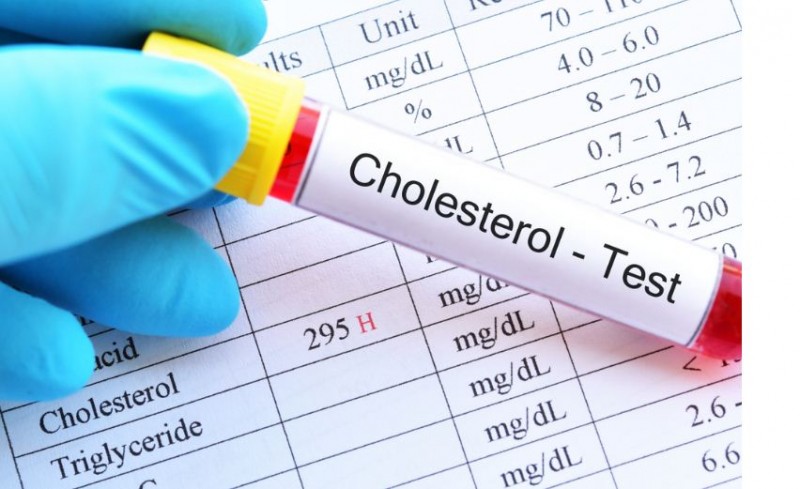
High cholesterol, a term often tossed around but rarely understood, can feel like a looming health threat. But fear not, knowledge is power! This article equips you with everything you need to know about high cholesterol, from understanding the numbers to taking control of your heart health.
Cholesterol 101: Friend or Foe?
Contrary to popular belief, cholesterol itself isn't inherently bad. This waxy substance is produced by your liver and plays a vital role in building healthy cells and hormones. However, there are two main types of cholesterol:
LDL (low-density lipoprotein): Often called "bad" cholesterol, LDL transports cholesterol throughout the body. When LDL levels are high, it can build up in artery walls, forming plaque. This plaque narrows the arteries, restricting blood flow and increasing the risk of heart disease and stroke.
HDL (high-density lipoprotein): HDL, the "good" cholesterol, acts like a janitor, picking up excess LDL and carrying it back to the liver for disposal. Higher HDL levels are beneficial for heart health.
Understanding Your Cholesterol Numbers:
A simple blood test can reveal your cholesterol profile, typically reported in milligrams per deciliter (mg/dL). Here's a breakdown of what the numbers mean:
Total Cholesterol: Ideally, this should be below 200 mg/dL.
LDL Cholesterol: Aim for an LDL level below 100 mg/dL.
HDL Cholesterol: The higher the HDL, the better. Generally, above 60 mg/dL is considered good.
Triglycerides: Another type of fat, high triglycerides (above 150 mg/dL) can also contribute to heart disease risk.
Causes of High Cholesterol:
Several factors can influence your cholesterol levels:
Diet: Saturated and trans fats found in red meat, fried foods, and processed snacks can elevate LDL.
Lifestyle: Physical inactivity, smoking, and excessive alcohol consumption increase LDL risk.
Weight: Being overweight or obese can contribute to high cholesterol.
Genetics: Family history of high cholesterol puts you at a higher risk.
Taking Charge of Your Heart Health:
The good news: High cholesterol is often manageable through lifestyle changes. Here are some tips:
Diet: Embrace a heart-healthy diet rich in fruits, vegetables, whole grains, and lean protein. Limit saturated and trans fats, and choose healthy fats like those found in olive oil and avocados.
Exercise: Aim for at least 150 minutes of moderate-intensity exercise or 75 minutes of vigorous exercise per week.
Maintain a healthy weight: Losing weight can significantly improve cholesterol levels.
Manage stress: Chronic stress can worsen cholesterol levels. Explore relaxation techniques like yoga or meditation.
Smoking cessation: Quitting smoking is crucial for overall heart health.
Medications:
In some cases, lifestyle changes may not be enough. Your doctor might prescribe medications like statins to lower LDL cholesterol.
Remember: Early detection and management of high cholesterol are key to preventing serious health complications. Schedule regular checkups with your doctor, get your cholesterol levels tested, and work towards a healthy lifestyle. By taking charge, you can significantly reduce your risk of heart disease and live a longer, healthier life.
What to eat and what not to eat due to cholesterol?
Caution! Eating this food item immediately after eating eggs can cause harm to the body